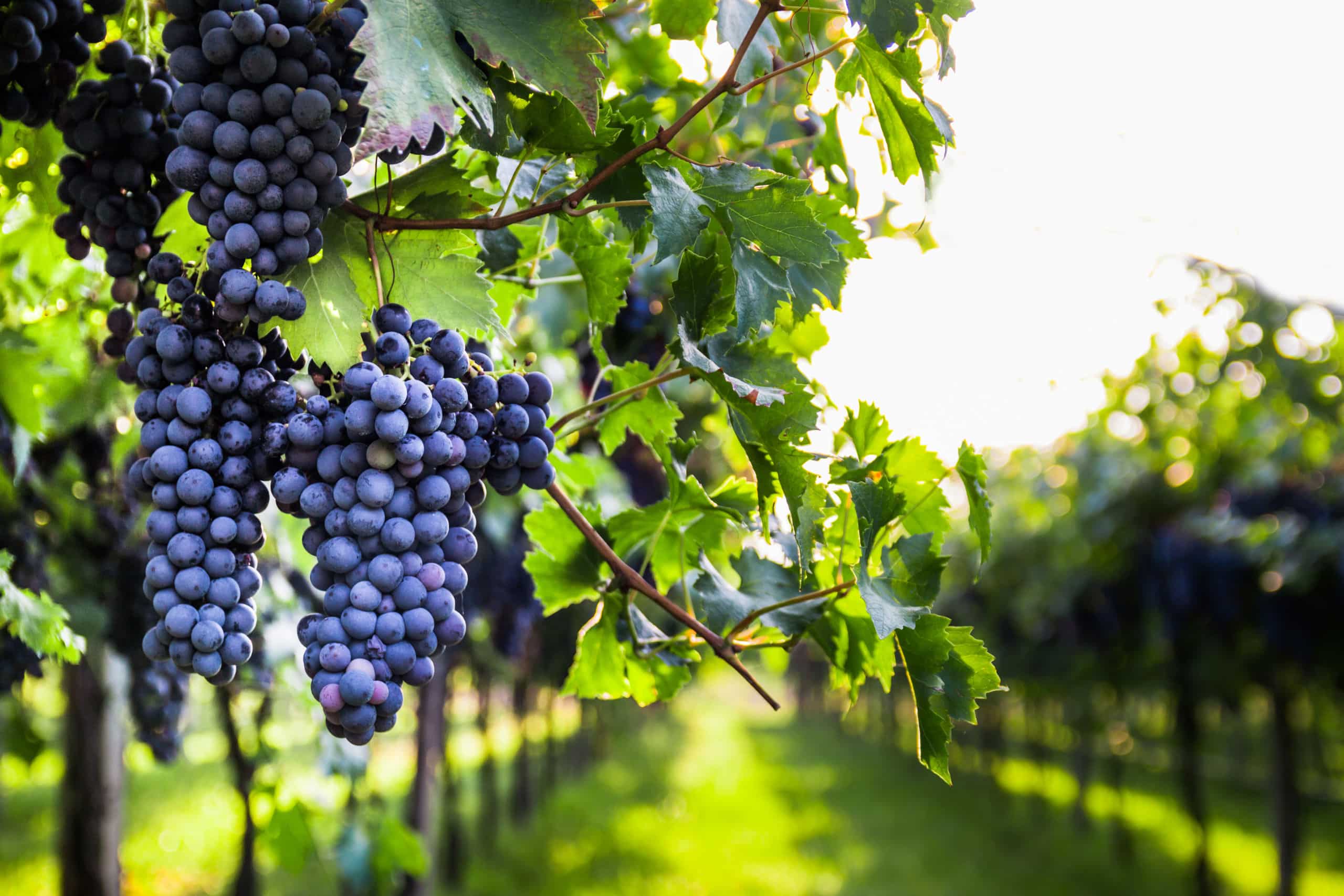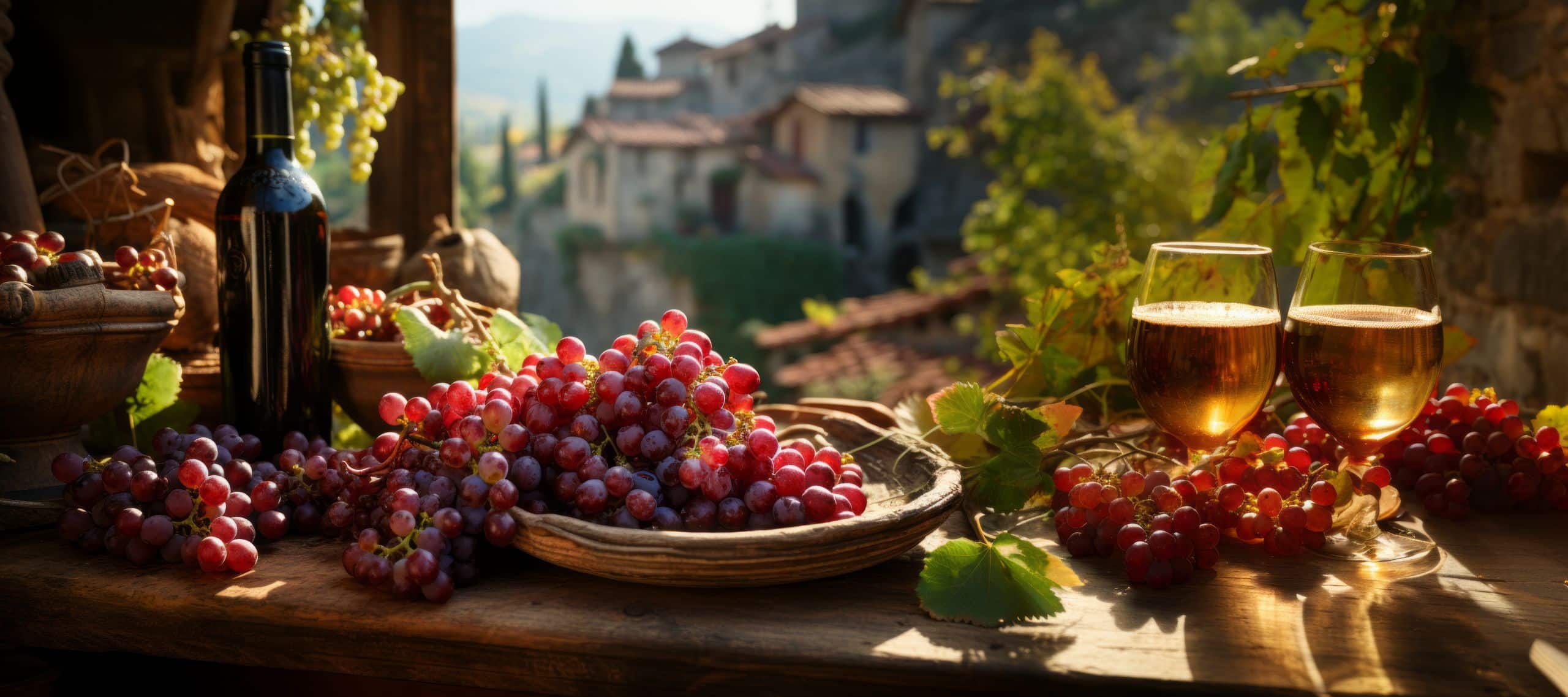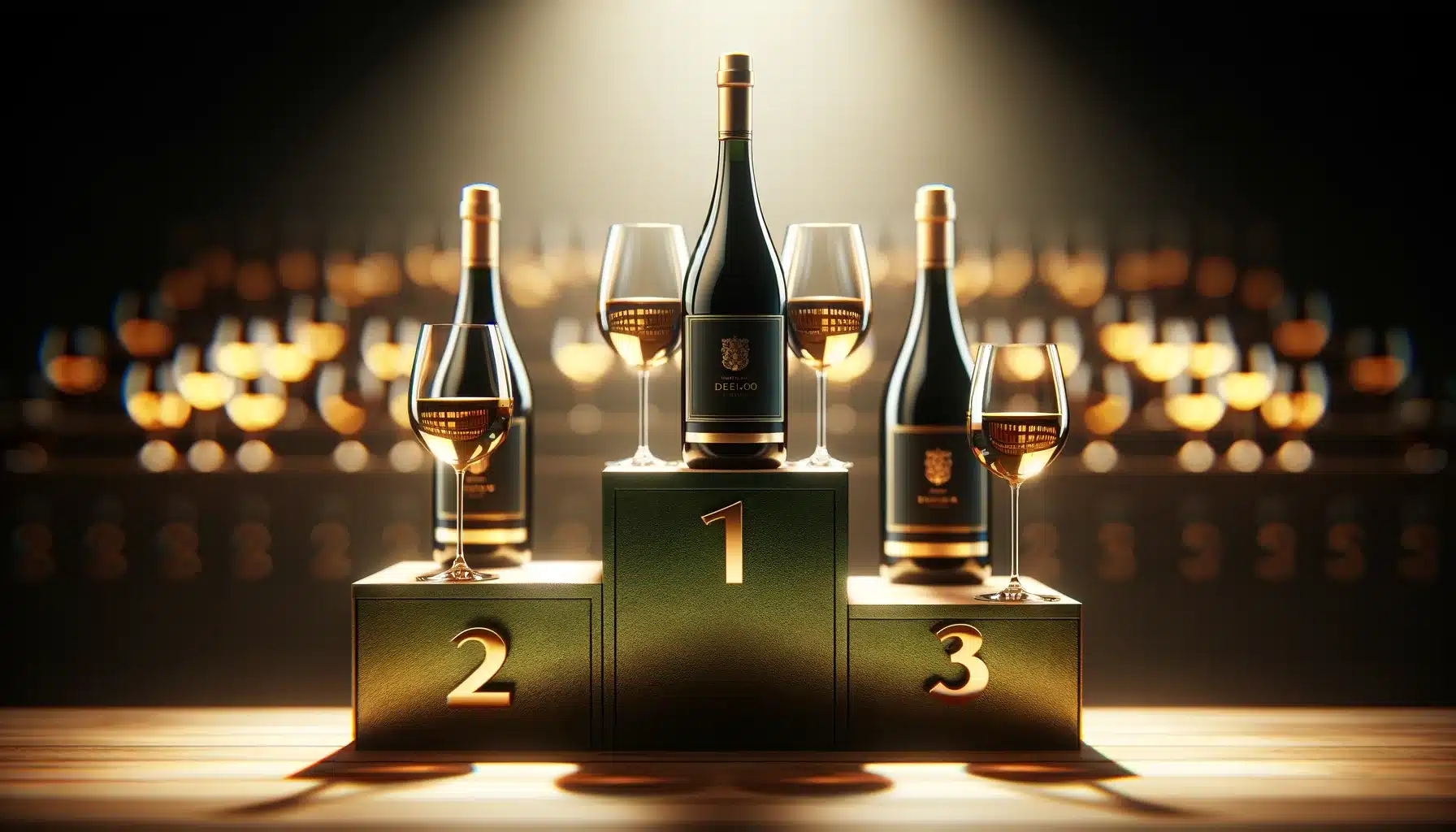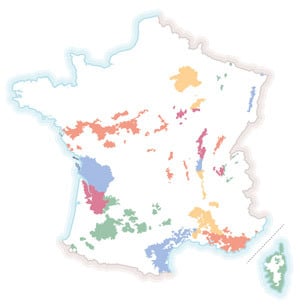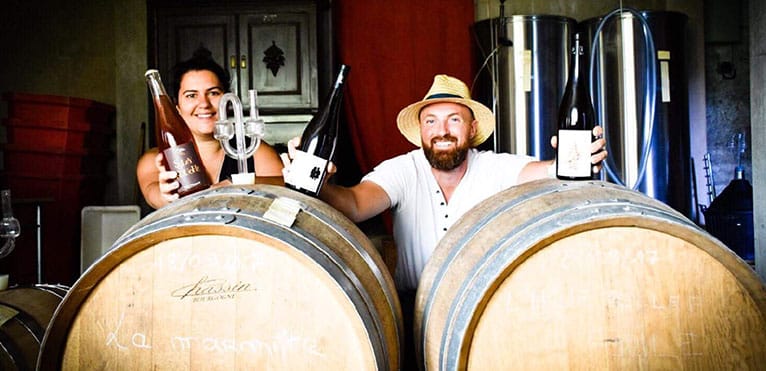
Contents
In recent years, a real change of dynamic seems to be taking place in French winegrowing regions, with a trend towards moderate (if not zero) use of phytosanitary inputs. Many estates have begun organic conversion, others have been organic for a long time, and High Environmental Value (HVE) certification is becoming increasingly widespread… In this trend towards a return to the origins of the vine, we also find natural wines. What about Alsace?
What is natural wine?
First of all, let’s define natural wine. A natural wine is a wine to which no inputs are added during vinification (with one exception: a small dose of sulfur can be added, in very precise quantities). There isn’t really a certified label for natural wine, unlike “Agriculture Biologique” for wines from organic viticulture, or “Demeter” for biodynamic viticulture. At present, therefore, natural wines have no legal status, and are not governed by any legislation (either French or European). However, natural wines are often made from grapes grown using so-called “agroecological” methods: organic, biodynamic or integrated viticulture. The Association des Vins Naturels can serve as a benchmark for understanding natural wines, thanks to the specifications it has created for these wines. According to this association, the following conditions must be met to adopt the “natural wine” designation: – Grapes must be organically or biodynamically grown – Harvesting must be manual – Only indigenous yeasts (= yeasts from a natural environment) must be used during fermentation – The use of brutal techniques for wine is prohibited (such as reverse osmosis, flash pasteurization…) – No oenological inputs must be used during vinification, with the exception of sulfur (= sulfites) in small quantities.) – No oenological inputs during vinification, with the exception of sulfur (= sulfites) in very small quantities Obviously, not all winemakers producing natural wines belong to this association, but they all share a common philosophy of returning to the terroir.
Natural wines in Alsace
Alsace is a land of natural wines. In fact, the region benefits from a climate that preserves the quality of the grapes, making the use of sulfur unnecessary. Natural Alsatian wines are still relatively uncommon, but a movement is gradually taking shape, thanks in particular to the arrival of a new generation of winemakers eager to follow in the footsteps of the pioneers of natural wine. Clos Liebau’s “La Marmite” cuvée is a fine example of a natural Alsatian wine: this orange wine, made from whole-cluster maceration for 1 month, is delicious yet retains a certain tension, and is recommended with a Munster cheese to marry Alsatian terroirs.
However, although a drive is underway to produce more natural Alsatian wines, they currently represent only a tiny proportion of the region’s wine production.
Photo : Le Clos Liebau
